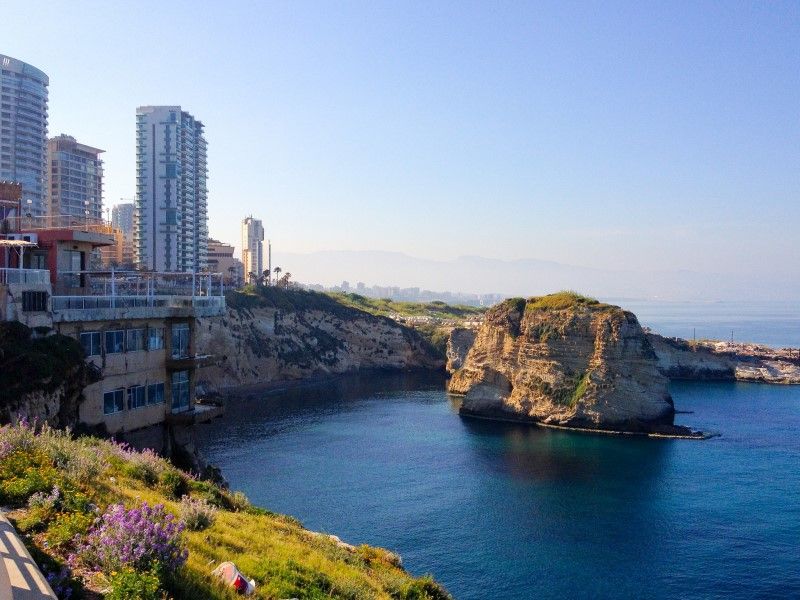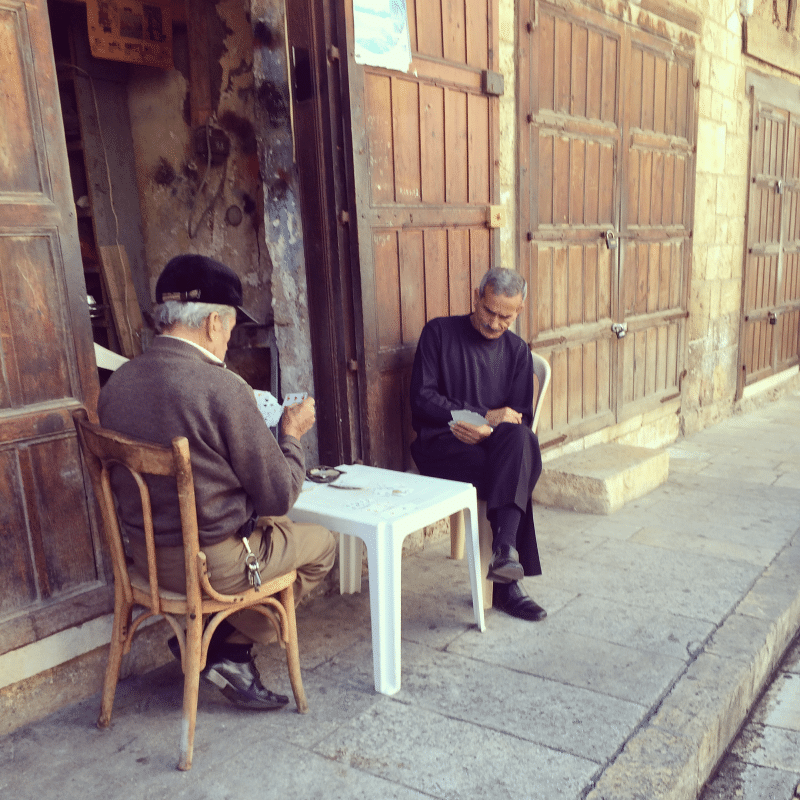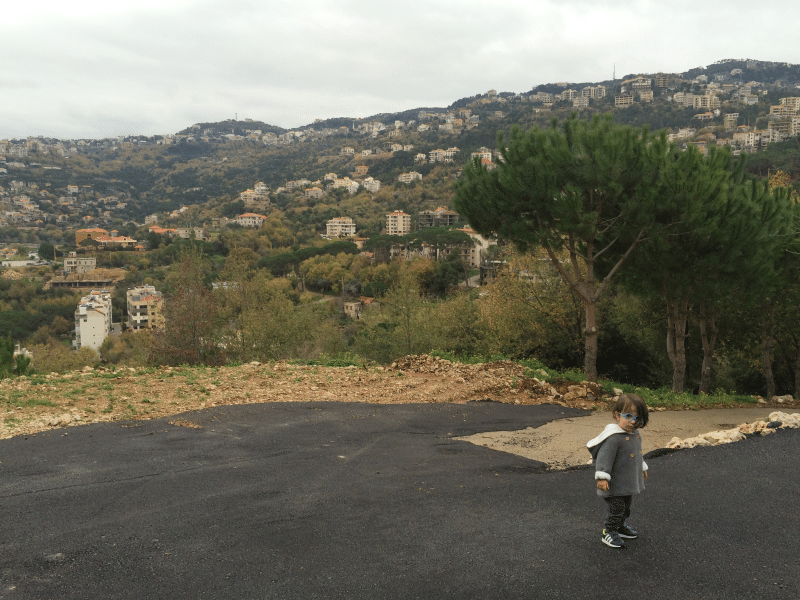Two days ago, while I was sweeping up oats that my two-year-old willfully dumped on the floor and then refused to clean, I listened to a podcast. Two parents were talking about raising their kids to be independent. “Our goal is just to get them all out of the house,” the mom laughed, as though this is the goal of parents everywhere.
On one hand, I get it.
My daughter’s bowl, fork, spoon, and cup are stowed in a low cabinet where she can bring them to the table herself at mealtimes. Her shoes are lined up under her crib in her bedroom where she can don and remove them at will, over and over again. I read articles about fostering resilience in children, which preach the virtues of no-rescue parenting.
We want our kids to grow up to be capable, responsible humans.
But on the other hand, I’m an expat slowly learning that my kids’ independence might not be the best aim of parenting.
A month after I turned 24 years old, I flew to Beirut, Lebanon on Valentine’s Eve, and promptly fell in love. I was drawn to the vast range of climate and terrain packed into a country that is a third of the size of my home state of New Jersey.

I loved the ancient history and the food and the way conversations involved fluid shifts from Arabic to French to English in the course of a single sentence. I loved the neighborly array of mosques and churches casually adjacent to each other.
And of course, I loved the people: quick to laugh, down-to-earth, open and inviting, and always surprising in their broad perspectives.
Still I was homesick for my family and friends and, of all things, public libraries and parks. Next to homesickness, the hardest adjustment was one that caught me off-guard completely.
I needed a ride down to Beirut every morning, as well as a phone, bank account, friends, translation services, help with paperwork. My list of needs was endless. Asking for help from people I’d just met made me want to curl up in a corner.
I was far more comfortable doing everything myself, but I quickly learned that Lebanon didn’t run that way.
The first time this really sunk in was when I worked late one day and a colleague offered to bring me home after we’d gone out for a bit. Before I knew it, I’d received six missed calls: three from the woman I lived with, one from her sister, and another two from her niece and nephew whom I’d befriended.
Alarmed and anxious, I called my host back. “What happened? Is something wrong?” I’d asked.
“No, no, but are you all right? We are worried because you didn’t come home!”
I started laughing with relief. I am from a big family back in New Jersey, but I couldn’t muster up that level of vigilance from them if I tried.

Here in Lebanon, interdependence is the air you breath. Get lost on foot, and a stranger will happily interrupt his day to walk you back to a familiar point.
Friends and families that you’ve just met will invite you to the beach and bring you to their homes for dinner, or Iftar, or for the ubiquitous Sunday lunches where the food is ever-abundant and lively family chatter carries on into the waning afternoon.
“Families are so meddlesome here,” a friend complained to me once. Her sister was getting married and felt trapped beneath the expectations of her parents and in-laws who each had their own opinions of what a wedding should be.
“Yes,” I agreed, they can be. In a way, Lebanon itself is like an overarching family: it won’t give out civil marriages, bureaucratic procedures have not been digitized, and politics remain feudal. Basically, it’s hard to get anything done without help and connections. It can be infuriating, but it’s also why the country is so close-knit.
Out of all the places I’ve traveled, Lebanon has always been the place I’ve felt safest and most cared for outside of my childhood home. It’s ironic that citizens who’ve endured through a decades-long civil war seem to have an inherent understanding that they belong to each other.
Lebanon welcomed me into its collective whole, and I was hooked. A little over two years after I finished my master’s, I moved back. Last November I received my Lebanese citizenship.

If my daughters decide to attend university here, they will most likely commute from home, as the majority of college students here do. It is completely normal for kids to live at home until they get married, unless they have an opportunity abroad.
Grandparents often contribute to their grandchildren’s care while the parents work. And when the grandparents themselves need care, their children almost always provide it directly. I don’t know a single elderly person in a nursing home here.
So, while my daughter can learn to retrieve her own utensils and unzip her own pencil case, if she is having a meltdown because she doesn’t want to clean the oats she spilled across the clean floor, I will help her. Because maybe the lesson that we are here for each other is more important than teaching her to manage on her own.
We humans aren’t meant to be entirely self-sufficient.
Second photo source: Allan Leonard


